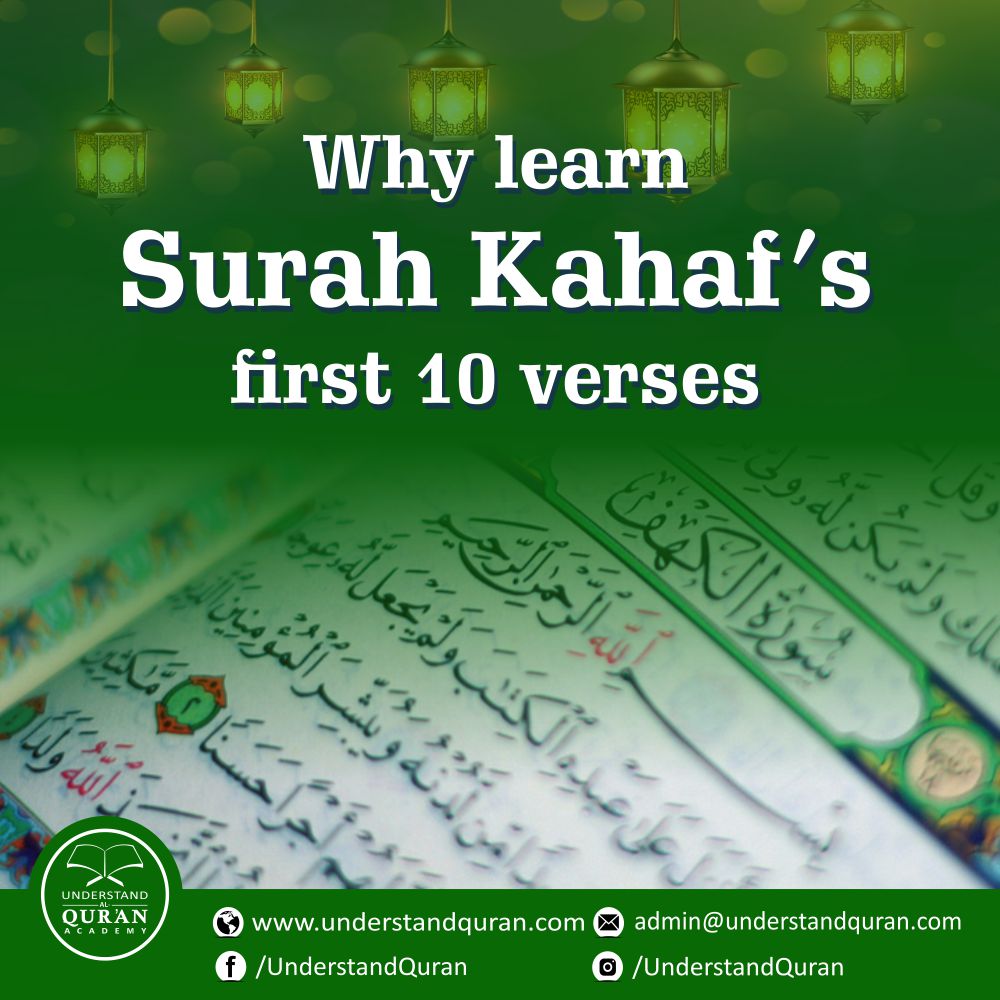Duas with Asma ul Husna in the Sunnah

The Prophet (saws) would often call Allah using His beautiful names. He taught us many duas, and he also elaborated on the importance of the Asma ul Husna.
لِلَّهِ تِسْعَةٌ وَتِسْعُونَ اسْمًا مَنْ حَفِظَهَا دَخَلَ الْجَنَّةَ
Allah has ninety nine names and whoever preserves them will enter Paradise. [Sahih Muslim]
In this hadith, hafidha doesn’t just mean memorizing the ninety nine names, as many of us believe. A parrot can memorize names. What matters is how much we understand these beautiful names of Allah (swt), how much we take them into account in our lives and how we remember them. Let us look at some examples from the sunnah of how to call Allah using al Asma ul Husna.
-
Al Hayyu Al Qayyum
O Ever Living, O Self-Subsisting and Supporter of all, by Your mercy I seek assistance, rectify for me all of my affairs and do not leave me to myself, even for the blink of an eye. [Al-Hakim, Sahih at-Targhib wa’t-Tarhib, Hisn al-Muslim]
Allah’s Messenger used to say this amazing dua (the first part) when in a stressful trial. So when in stress, call the Ever-Living God, the One who doesn’t die, instead of calling his creations. Ask the Supporter and the Caretaker of the whole universe to take care of your affairs.
-
Al Adhim al Halim
There is no God but Allah, the Mighty, the Gentle. There is no God but Allah, Lord of the Magnificent Throne. There is no God but Allah, Lord of the Heavens and Lord of the Earth and Lord of the Noble Throne. [Bukhari]
3. Alim al Ghuyub wa ash Shahaadah
اللَّهُمَّ عَالِمَ الْغَيْبِ وَالشَّهَادَةِ فَاطِرَ السَّمَوَاتِ وَالأَرْضِ رَبَّ كُلِّ شَيْءٍ وَمَلِيكَهُ أَشْهَدُ أَنْ لاَ إِلَهَ إِلاَّ أَنْتَ أَعُوذُ بِكَ مِنْ شَرِّ نَفْسِي وَمِنْ شَرِّ الشَّيْطَانِ وَشِرْكِهِ قَالَ قُلْهُ إِذَا أَصْبَحْتَ وَإِذَا أَمْسَيْتَ وَإِذَا أَخَذْتَ مَضْجَعَكَ
Abu Bakr said: ‘O Messenger of Allah, command me with something that I may say when I reach morning and evening.’ He said: ‘Say: “O Allah Knower of the Unseen and the Seen, Originator of the heavens and the earth, Lord of everything and its Possessor, I bear witness that there is none worthy of worship except You, I seek refuge from You from the evil of my soul and from the evil of Shaitan and his Shirk.’” He said: ‘Say it when you reach morning, and evening, and when you go to bed.’ [Tirmidhi]
You will often find resemblance between the Prophet’s words and the Quran. No wonder Ayisha (ra) compared the Prophet’s character with the Quran. Look at the following ayah:
قُلِ اللَّهُمَّ فَاطِرَ السَّمَاوَاتِ وَالْأَرْضِ عَالِمَ الْغَيْبِ وَالشَّهَادَةِ أَنتَ تَحْكُمُ بَيْنَ عِبَادِكَ فِي مَا كَانُوا فِيهِ يَخْتَلِفُونَ
Say, “O Allah , Creator of the heavens and the earth, Knower of the unseen and the witnessed, You will judge between your servants concerning that over which they used to differ.” [39:46]
4. Muqallib al Quloob
I asked Umm Salamah (May Allah be pleased with her), ‘O Mother of the Believers! Which supplication did the Messenger of Allah (ﷺ) make frequently when he was in your house?’ She said: ‘He (ﷺ) supplicated frequently: “Ya muqallibal-qulubi, thabbit qalbi ‘ala dinika (O Controller of the hearts make my heart steadfast in Your religion).” ‘
يا مقلب القلوب ثبت قلبي على دينك
O Controller of the hearts make my heart steadfast in Your religion. [Tirmidhi]
According to one of the mothers of the believers, Umm Salamah (ra), the prophet used to say this dua very frequently. Allah is the Controller of hearts. In another hadith the Prophet said,
‘Verily, the hearts of the children of Adam, all of them, are between the two fingers of the Most Merciful as one heart. He directs them wherever he wills.’ Then the Prophet said, ‘O Allah, the turner of the hearts, turn our hearts to your obedience.’ [Sahih Muslim]
To talk to Allah while making dua in Arabic, we need to understand what we’re saying. Take this 9 hours course on learning 50% of the Quran.
Tabassum Mosleh









